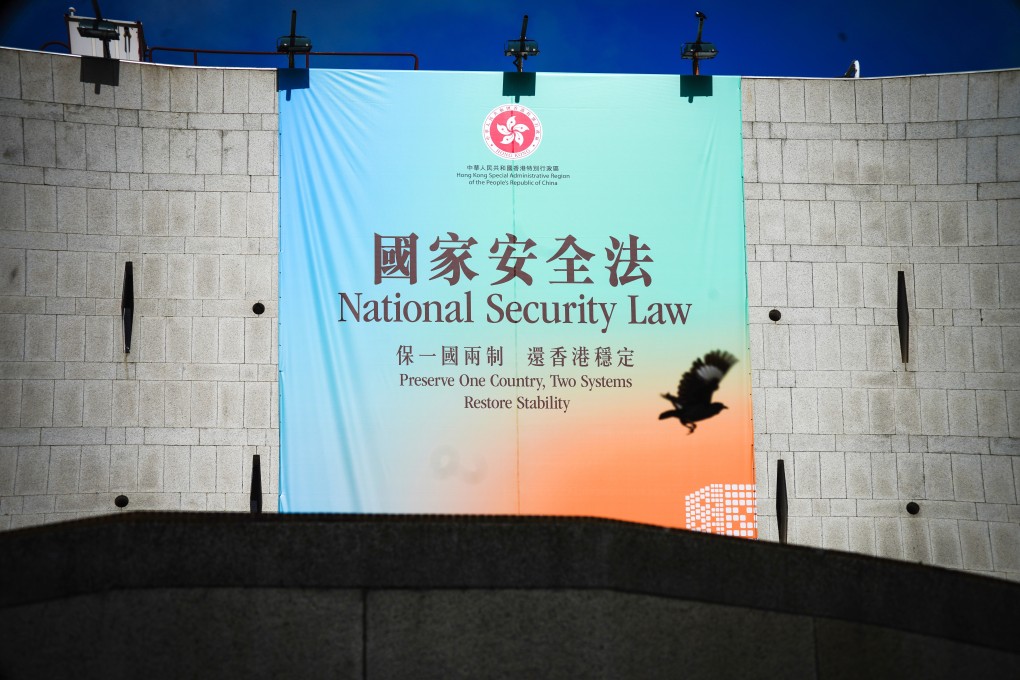Advertisement
Explainer | National security law: what you need to know about the decision to hold a trial without a jury
- Tong Ying-kit will be tried by a panel of three judges at the city’s High Court in unprecedented move
- Other countries have occasionally done the same but there are some shortcomings to the process
Reading Time:4 minutes
Why you can trust SCMP
8

News emerged earlier this week that the first person charged under Hong Kong’s national security law will be tried without the presence of a jury.
Tong Ying-kit, who stands accused of riding a motorbike into police during a July 1 demonstration last year, is considering challenging the Department of Justice’s request to have him tried by three High Court justices designated by the chief executive instead, a legal source previously told the Post.
Lawyers and legal scholars are already calling the arrangement unprecedented, and until it was made possible by the national security law last year it was unheard of for trials involving such serious allegations to be held without a jury at the city’s High Court.
Others acknowledge the existence of non-jury trials overseas, but have cautioned that there are shortcomings.
Here are some key questions surrounding the case.

05:50
What you should know about China's new national security law for Hong Kong
What you should know about China's new national security law for Hong Kong
Why did the city’s justice minister decide not to have a jury?
Advertisement